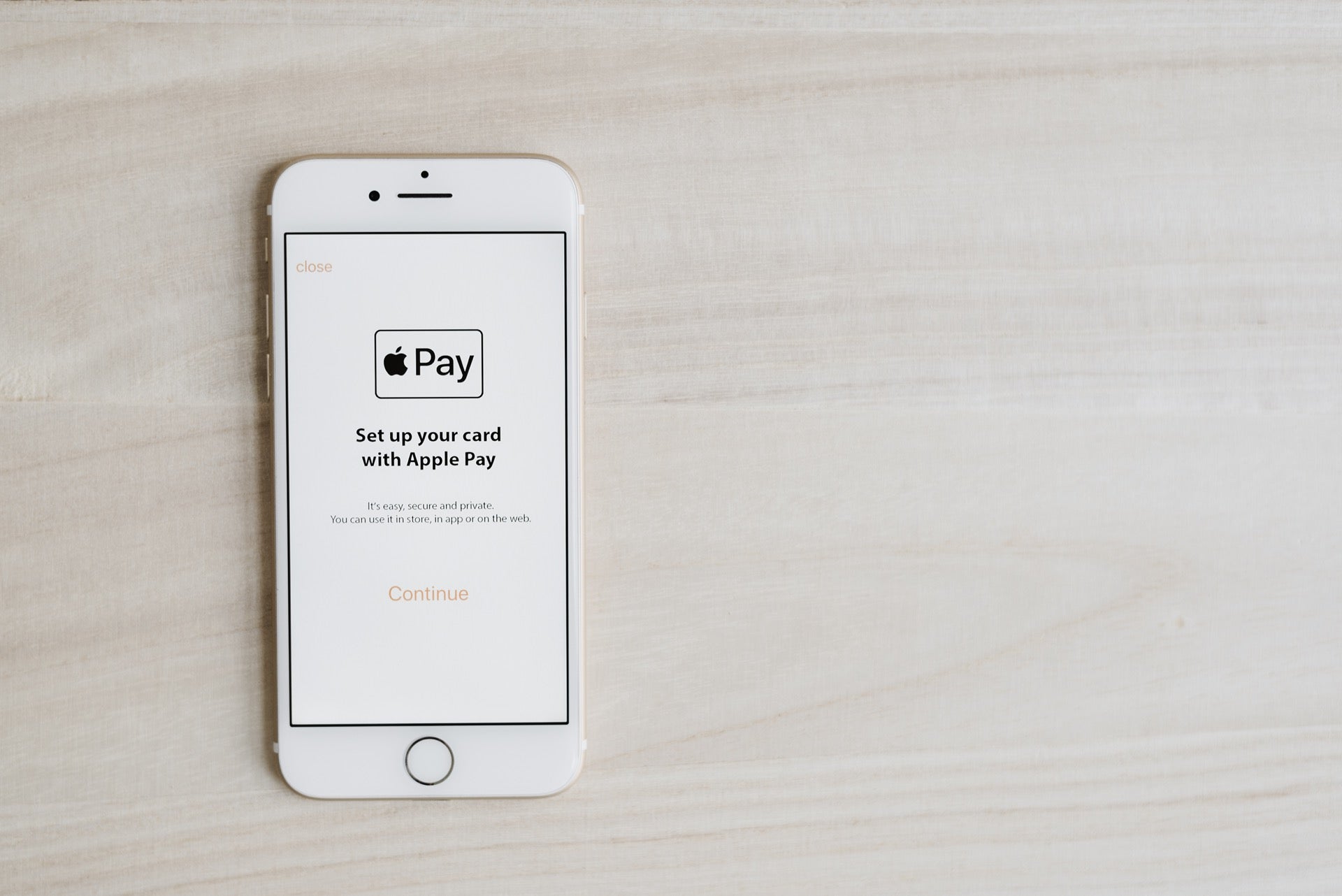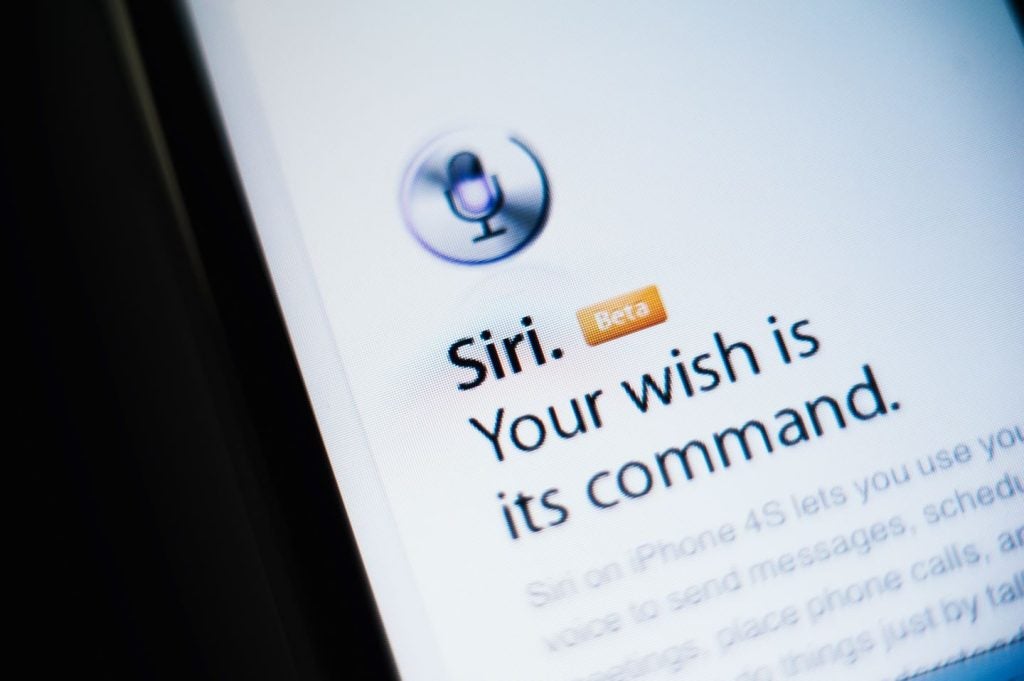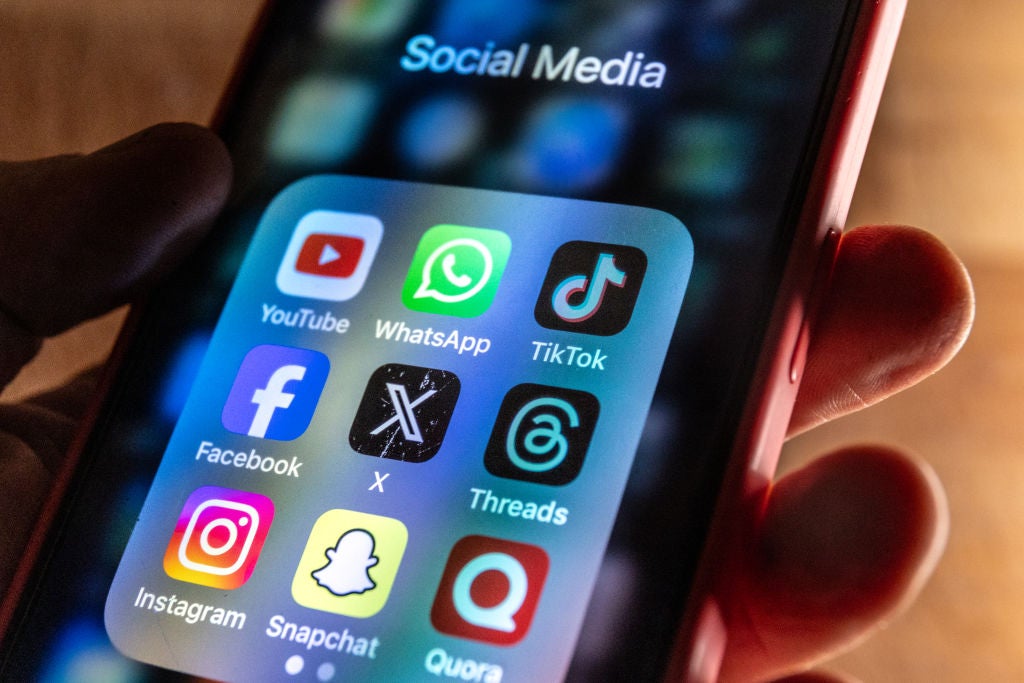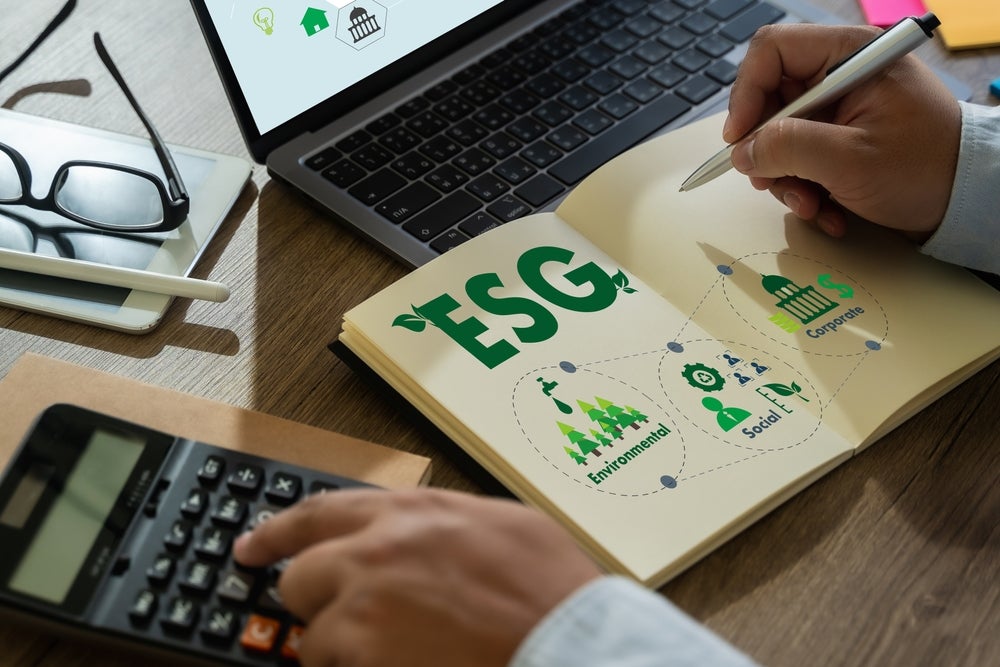
Buy-now-pay-later (BNPL) companies like Afterpay and Klarna have grown into multi-billion powerhouses over the last decade, but now their market positions are threatened by Apple muscling itself into the sector.
The Cupertino-based colossus is developing its own BNPL service for the Apple Pay digital wallet in collaboration with Goldman Sachs, according to sources familiar with the matter speaking with Bloomberg.
While the iPhone maker has collaborated with the bank for its Apple Card credit card since 2019, the credit card won’t be required to access the Apple Pay BNPL solution once it is unleashed upon the market. When that might be is still unclear as Apple hasn’t officially announced the service yet.
Instead, the instalments solution would work as part of Apple Pay, meaning it could be linked to any card already approved by Cupertino.
The BNPL service will enable users to divide payments for purchases online and in retail stores either across four separate instalments made every two weeks or over several months with interest. It’s unclear how high those interest rates would be, but US-based Affirm charges a 30% annual percentage rate, whereas most other BNPL firms charge less.
Some of the Apple Pay BNPL services will exclude late fees and processing fees. Users will also be able to exit the payment plans to pay off the remainder of their purchase balance.
How well do you really know your competitors?
Access the most comprehensive Company Profiles on the market, powered by GlobalData. Save hours of research. Gain competitive edge.

Thank you!
Your download email will arrive shortly
Not ready to buy yet? Download a free sample
We are confident about the unique quality of our Company Profiles. However, we want you to make the most beneficial decision for your business, so we offer a free sample that you can download by submitting the below form
By GlobalDataCustomers wanting to tap into the Apple Pay BNPL solution once it is launched must pass an application submitted via the iPhone wallet app. The application would have to include a copy of their local ID card.
Importantly, especially given the growing debate about BNPL services putting people’s financial well-being at risk, the Apple Pay BNPL service won’t require a credit check.
The new service would add to Cupertino’s Apple Card service that already enables users to pay for Apple products in instalments, but would expand to any purchase done via Apple Pay.
Bloomberg’s sources noted that the features are still being developed and that they could change before the launch.
Apple Pay is part of Cupertino’s services segment, which also includes cloud, insurance and advertising services. While Apple doesn’t provide any numbers on the exact size of Apple Pay, the company’s different services contributed $53.76bn of its total $274.5bn in revenue in 2020, up by 16% from 2019.
For comparison, the iPhone is still Apple’s biggest cash cow, having added $137.78bn in revenue last year. It should be noted, though, that sales of the smartphone have slumped for years, motivating the Mac maker to look for new ways to top up its coffers, for instance by pushing further into financial services.
Apple is not alone in doing so. Several Silicon Valley giants such as Google, Amazon and Uber have all entered the fintech space in recent years, demonstrating how attractive the financial service market is for Big Tech firms.
Danyaal Rashid, associate analyst at GlobalData’s thematic research team, tells Verdict the news “represents another key landmark in Apple’s transformation into a FS service provider”.
Noting that the move by Cupertino is another sign that the BNPL market is consolidating and becoming a mainstay in ecommerce, Rashid adds that Apple might also squeeze out smaller firms.
“Apple is such a large company that no one is worried about them failing or running out of cash [or] partners losing faith in them, so it solidifies the BNPL market massively,” he says. “It might make it harder for smaller companies to compete, especially if this is linked with Apple Pay, as it will essentially ring-fence all customers who use Apple Pay, because it is likely that the integration would make choosing Apple’s BNPL a no-brainer.
“There is almost zero price differentiation in BNPL players and the main differences are the term of the loan, so convenience is the main factor and if Apple makes it more convenient, they will take a large slice of the market.”
Indeed, while Apple officially hasn’t announced the BNPL service yet, the news has seemingly already had an impact on the players in the sector.
Affirm’s stock slumped by over 14% in Tuesday trading, with shares of Australia-listed Afterpay falling by about 10% in Wednesday trading. Smaller competitors Zip and Sizzle also fell sharply. Swedish-based Klarna, which achieved a $45.6bn valuation on the back of a $639m investment round in June, has not gone public yet.
However, Philip Belamant, CEO and founder of Zilch, the UK-based BNPL startup that raised $80m in a Series B round at a $500m valuation in April, is confident that Apple’s entry into the BNPL space won’t be the end of his and other startups.
“[Apple] won’t eat the lunch of pure play fintech startups just by throwing its hat in the ring,” Belamant tells Verdict. “There’s been incredible growth in BNPL throughout the pandemic, with plenty of room for healthy competition for transformative technologies and financial tools like Zilch that serve customers’ needs to manage cash flow.
“It will be interesting to see what Apple and Goldman Sachs’s new proposition will contribute to consumer choice in BNPL.”
Afterpay seemingly shares the sentiment, telling Reuters that there is still room for “many BNPL players, each of which operate a different model and generate revenue in different ways” while “competition reinforces the significance of the sector”.
Apple is not the only big player to have entered the BNPL space lately. PayPal, for instance, launched its own BNPL service in August 2020, which was expanded to the UK in October and launched in Australia on Tuesday. The Australian launch could’ve also contributed to BNPL stocks falling over the past 24 hours of trading.
BNPL companies have increased in popularity over the pandemic, with lockdowns encouraging more people to shop online and presenting them with instalments options at checkout. This trend is set to grow, with GlobalData Thematic Research estimating that the worldwide BNPL sector will be worth $166bn by 2023.
Affirm and Klarna declined to comment on this story.






